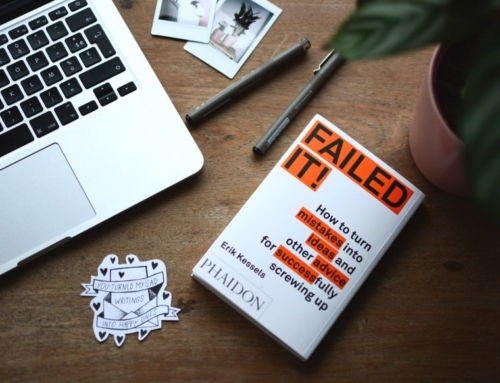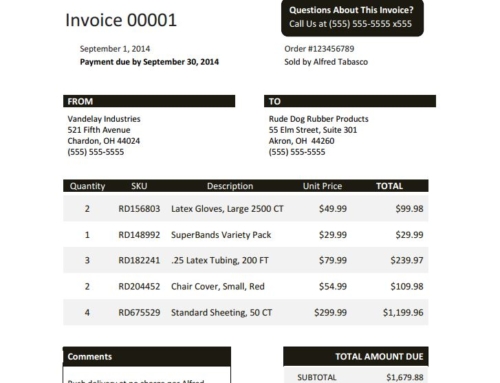According to a survey from Credit Today, bad checks are on the decline for many businesses, but there are still plenty of industries who continually to struggle with them. You’d think the biggest concern of a bad check is that you won’t ever get paid, but the survey showed that’s not the real trouble with bad checks. In fact, the survey found that only 8% of bad checks go unpaid. The real cost of a bad check and its impact on cash flow is hidden elsewhere.
As the survey shows, most bad checks are eventually collected but when a bank returns a customer’s check, there is a domino effect that leads to a long list of time consuming and difficult tasks. This will inevitably lengthen the order to cash cycle time and slow down your cash flow. For example, bad checks require credit professionals to take the focus off of other tasks to work through the bad check problem; you may decide to send the check to a collection agency which can be costly; there may be legal fees if you decide to take the issue to court, etc.
Credit Today members weighed in and explained some of their biggest headaches related to collecting bad checks:
- “Timing issue as a couple of weeks can transpire before one finds out a check is bad.”
- “Bank notification lags sometimes 30 days, so we lose precious recovery time.”
- “Collecting fees, as we get dinged a hefty charge from our banks.”
- “It’s just time consuming to reverse the payment, re-deposit and re-post.”
- “Small checks are labor intensive to collect.”
- “Getting the customer to respond once we have been notified of the bad check.”
- “Ensuring all appropriate personnel are notified since each returned check involves different regions.”
- “I believe we follow our processes well when the bad check occurs through resolution, however it is the close monitoring of the account for future shipments that proves most difficult.”
If you find yourself dealing with a bad check, be sure to investigate the issue once you’ve collected the money and carefully consider whether or not you want to do business with this customer in the future. Run a credit check, update customer credit applications, and have a friendly conversation with your customer to try and get to the root of the issue and avoid it in the future. According to the survey, industries who struggle the most with bad checks and should be extra cautious include:
- Distribution/wholesale
- Construction/building trades
- Consumer services have more bad checks than business service organizations
- Manufacturers of consumer products have more bad checks than manufacturers of commercial products
Being able to trust the customers you’re extending credit to, or weeding out those who should not be granted credit, is an important part of managing accounts receivable.




